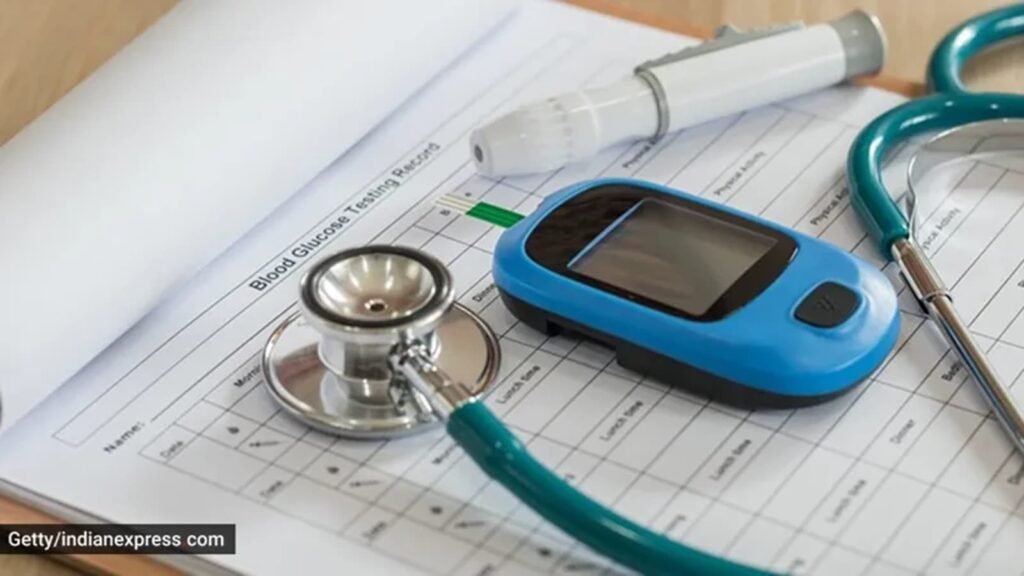Pre-diabetes should not be taken lightly. In fact, experts urge that it is a “crucial warning sign”. “It’s a red flag from your body, telling you that insulin resistance has already started. The earlier you act, the better the outcome,” stressed Dr Pankaj Sharma, director, dept. of a bariatric, general, and laparoscopic surgeon, Fortis Hospital, and founder, Shalya Clinic, Rohini, New Delhi.
Notably, pre-diabetes means your blood sugar is higher than normal, but not yet in the diabetes range. “The good news is, with the right lifestyle changes, pre-diabetes can often be reversed, sometimes in as little as a month,” said Dr Sharma.
The first step is dietary correction. Cut down on refined carbs, sugary foods, fried snacks, and packaged items. “Focus on a high-fibre plate with whole grains, fresh vegetables, lean protein, and healthy fats. Think of food as medicine. Every meal should stabilise your sugar, not spike it,” said Dr Sharma.
Physical activity is the next cornerstone. “Aim for at least 30–45 minutes of brisk walking, cycling, or swimming daily. Incorporating strength training twice a week is equally important as it improves insulin sensitivity,” said Dr Sharma. Dr Nimitt Nagda, internal medicine, Zynova Shalby Hospital Mumbai, said acting early can prevent future health problems and keep your body strong.
Walk for at least 30 minutes every day. “Even light exercise like cycling, dancing, or yoga helps your body use insulin better and lowers blood sugar. Exercise 5 times a day for at least 45 minutes, and you will be able to bring your blood sugar levels under control. Focus on healthy eating and regular activity rather than crash diets. It is necessary to maintain an optimum weight,” said Dr Nagda.
Sleep and stress management are often overlooked. Poor sleep and chronic stress elevate cortisol, which worsens blood sugar control. “Patients who follow relaxation practices—like yoga, meditation, or even deep breathing—show better reversal rates,” noted Dr Sharma.
 Have a proper diet plan (Photo: Freepik)
Have a proper diet plan (Photo: Freepik)
In addition, track your progress. Regularly monitor fasting sugar, post-meal sugar, and weight. “Even a 5–7 per cent reduction in body weight can bring significant improvements,” said Dr Sharma.
Story continues below this ad
“In my clinical experience, patients who adopt a disciplined routine of mindful eating, daily activity, and stress control can normalise their sugar levels within 30 days,” Dr Sharma emphasised.
According to Dr Sharma, pre-diabetes is a window of opportunity. “With commitment and medical guidance, reversing it is very much possible—sometimes faster than you think,” said Dr Sharma.
DISCLAIMER: This article is based on information from the public domain and/or the experts we spoke to. Always consult your health practitioner before starting any routine.

